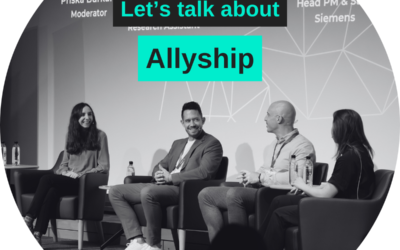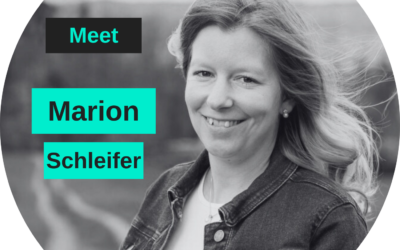1. Learn with friends
Learning anything is more fun with friends. Plus, it’ll keep you accountable. We recommend you set up a recurring appointment to learn to code and do something fun. Code and brunch anyone?
2. Basics is enough
You *do not* need to be a pro to make coding a valuable addition to your CV. In this day and age, a basic understanding of language that dominates our lives is key. It means you can manage technical projects and people. It means you can speak the language of the future, even if you’re not trying to be a developer as a profession. Plus, you don’t need that pressure to become a pro. Take baby steps and who knows– maybe you’ll love building stuff so much that you want to go further.
3. Understand the best programming language for you
Different languages have different advantages. Take a quiz to find out which one is best for you. We love this quiz by Code Mentor: http://www.bestprogramminglanguagefor.me/
4. Find a course that suits your style
You have online recorded, in-person or an online live courses. We recommend in-person because it lets you build your network locally. Plus, employers will come looking for candidates there and they’ll appreciate an official diploma. If you do go online, here’s a menu our members have used to shop around: https://www.creativebloq.com/web-design/online-coding-courses-11513890



0 Kommentare